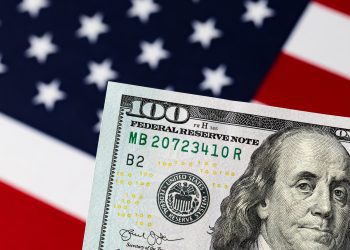The president-elect’s plan to implement tariffs of 10-100 percent on imported products is set to raise prices on everyday goods.
Back in September, during the Presidential debate, Trump explained that his proposed tariffs aimed to draw money from rival nations. He said, “Other countries are going to, finally, after 75 years, pay us back for all that we’ve done for the world,”. Trump promised his supporters that the tariffs would bring extra revenue to the U.S. government.
However, economists around the globe are fearful of the plan and agree that Trump’s tariffs will raise prices on everyday goods. “If President Trump raises tariffs on imported goods, it means inevitably that American consumers are going to pay more,” said Howard Gleckman of Urban-Brookings.
It is assumed that many of Trump’s supporters when heading to the polls, did not realise that tariffs are taxes on imports, not taxes paid by the exporting country. For example, Trump plans to submit Chinese imports to an extra 60-100 percent tax. Instead of China bearing the brunt of the tax, U.S. companies that import goods from overseas will be burdened with it. Therefore, extra revenue will be generated, but the tax will be paid by a domestic company.
“Ultimately, the cost of tariffs will be paid by us, the consumer,” George Ball, chairman of Sanders Morris, said. “They’ll be buying things at higher prices than they otherwise would.” The taxes will be seen as economic aggression, and foreign countries will be forced to retaliate.
“Typically, in a situation where a country is imposing a number of new tariffs, what you tend to see is a reaction from the other countries that are impacted,” says Sam Millette, director of fixed income at Commonwealth Financial Network. “That creates a trade war. And effectively, what that does is create a situation where both impacted countries are seeing this government intervention. It tends to lead to higher prices for consumers in both countries.”
The pharmaceutical, automotive, and chemical industries are expected to be some of the most affected by Trump’s proposed tariffs. The global shipping industry is also bracing itself for a new spike in container prices.
By CEO NA Editorial Staff












